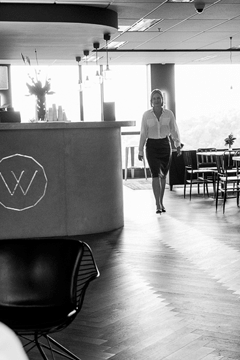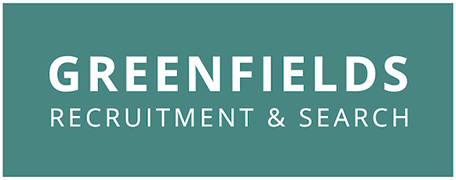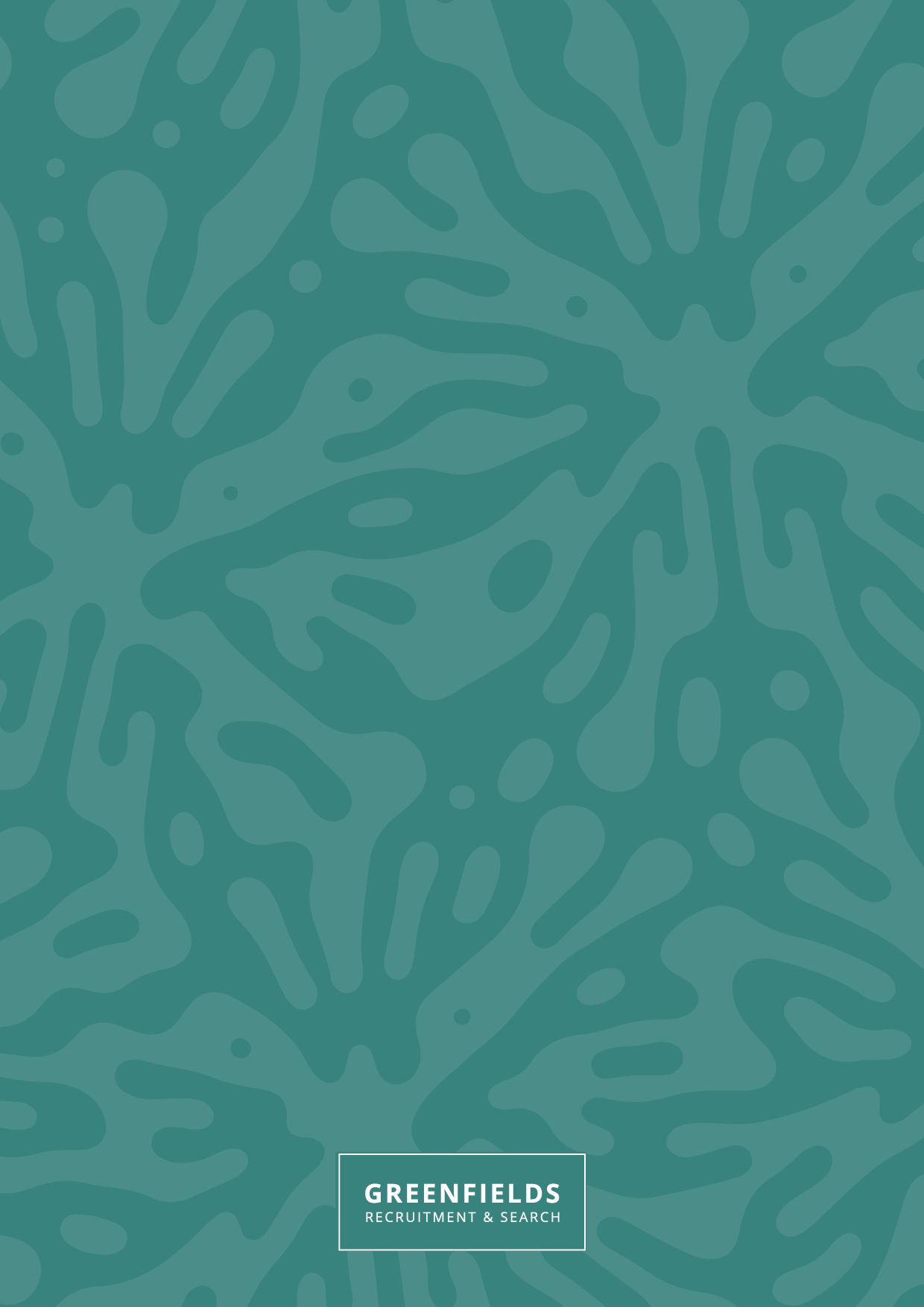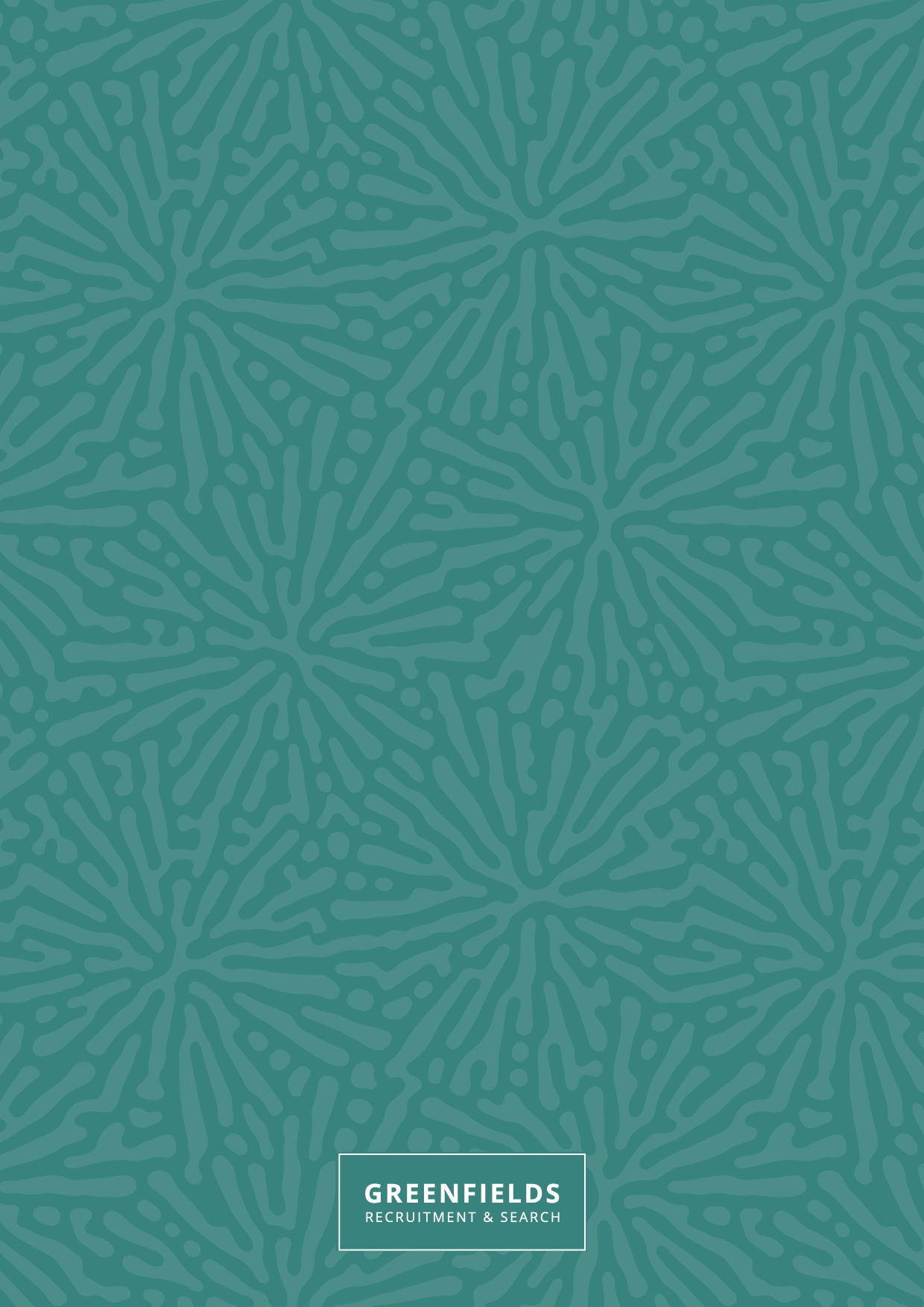
The physical environment of the workplace has a significant effect on the way that we work. When our space is a mess, so are we.
That is certainly true from a simple logistical perspective: we lose precious work minutes every time we go searching for a lost paper on a cluttered desk. The same is true for those of us who have succeeded in becoming paperless at work: one international survey showed that information workers lose up to two hours a week fruitlessly searching for lost digital documents.
But clutter can also affect us in more indirect ways. My research and that of others has shown that our physical environments significantly influence our cognition, emotions, and behaviour or, affecting our decision-making and relationships with others. Cluttered spaces can have negative effects on our stress and anxiety levels, as well as our ability to focus, our eating choices, and even our sleep. Much of the research (and much of the public enthusiasm) around tidiness and clutter is currently focused on the home, but with workplace stress costing American businesses up to $190 billion every year in health care costs alone, it’s time to recognise the role that clutter plays in our work lives — and to do something to clean up the mess.
Clutter Affects Your Brain and Your Work You may think you’re not bothered by your overstuffed filing cabinets or the stacks of paper on your desk. But scientists at the Princeton University Neuroscience Institute have used fMRI and other approaches to show that our brains like order, and that constant visual reminders of disorganisation drain our cognitive resources and reduce our ability to focus. They also found that when participants cleared clutter from their work environment, they were better able to focus and process information, and their productivity increased.
A study on the effects of clutter in the home found that individuals who felt overwhelmed by the amount of “stuff” in their homes were more likely to procrastinate. Other research has shown that a cluttered home environment triggers coping and avoidance strategies involving snacking on junk and watching TV. While we don’t know if this generalises to the workplace, it’s possible that cluttered offices may produce employees who make poor eating choices during breaks and spend less time actually working.
Clutter can also affect our general mental health, making us feel stressed, anxious, or depressed. Research from the United States in 2009, for instance, found the levels of the stress hormone cortisol were higher in mothers whose home environment was cluttered; elevated cortisol levels sustained over time can lead to anxiety and depression. (Interestingly, it might work the other way, too. Researchers in the U.S. examined the interplay between stress and workplace clutter and found that stress and emotional exhaustion causes workers to delay making decisions and to keep more material for all their ongoing tasks within easy reach: hence leading to messy workspaces.)
Our relationships with others can also be affected by our clutter. In one study, participants with messy desks were perceived to be less conscientious, more neurotic, and less agreeable. Such perceptions of an employee are likely to negatively influence the way that others interact with them, and may have negative consequences for their career progression.
What Can Be Done?
Regularly tidying your workspace, rather than letting things accumulate, is the tried and true way to keep the clutter at bay. Avoid letting things get so bad that you start cleaning as a form of procrastination. If you work at home, maintaining a designated workspace can help create a boundary between work items and home items.
For teams and organisations, establish regular “spring cleaning” days with pizza can create social interaction and support around a task that most people don’t enjoy (Marie Kondo aside). Consider instituting a clean-desk policy to govern the tidiness of shared work spaces. Work with your IT team to provide support for employees in the form of tools to manage online documents, as well as clarity on what should be kept and what can be discarded. In doing so, organisations need to strike a balance between practical and security considerations, and keep in mind employees’ need for self-identity and autonomy.
Finally, keep in mind that clutter isn’t always bad. One study has showed that messy desks can make us more creative. The findings suggest that neat, ordered environments make us more likely to conform to expectations and play it safe, while messy ones move us to break with the norm and look at things in a new way. So, while a totally pristine desk might signal a lack of creativity, a very messy one may send unfavourable messages about your work ethic and personality. Keep things on hand that are needed for current projects, but resist the temptation to hoard.
Bu Libby Sander, Harvard Business Review




0 Comments